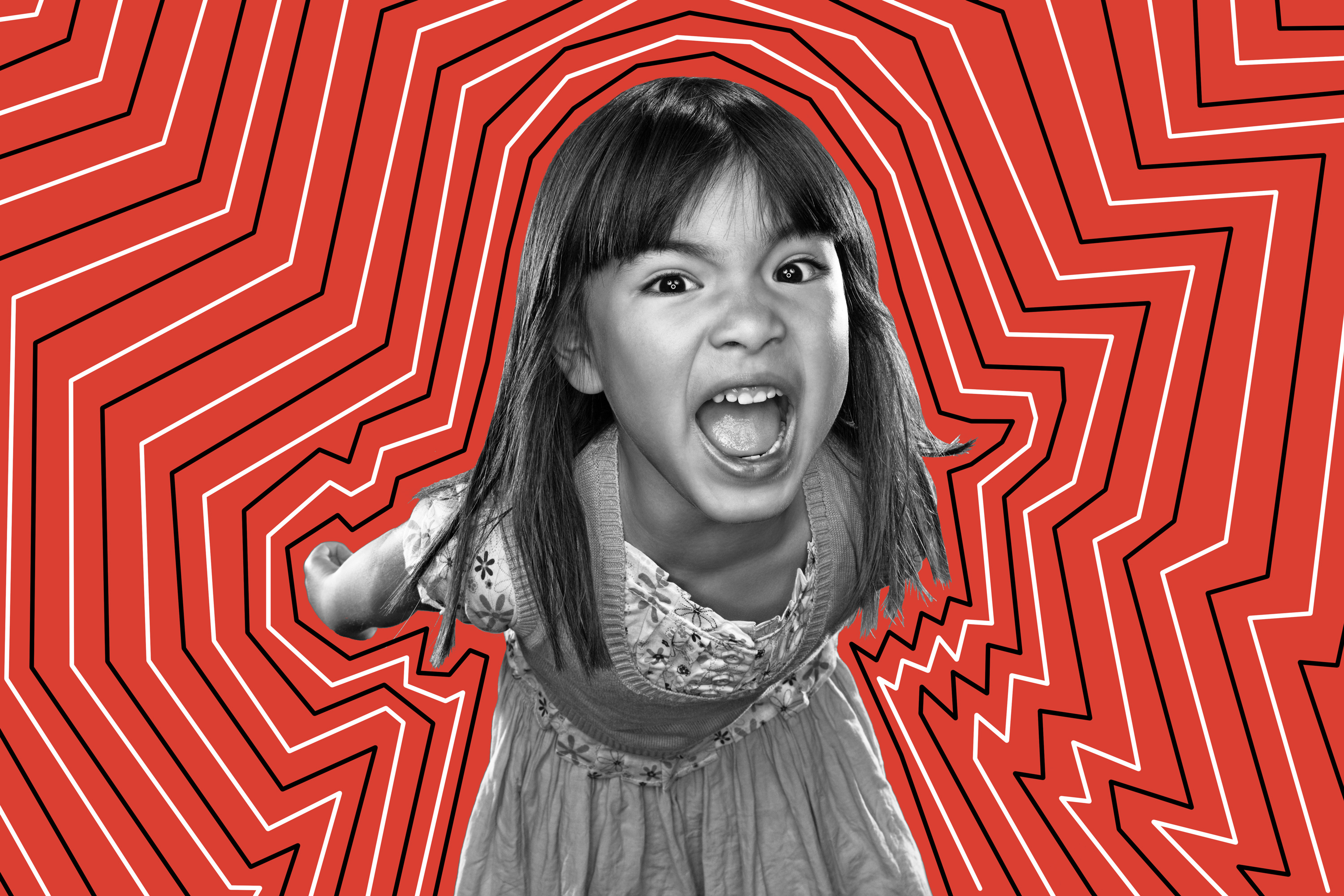
As a mother of four girls, I had no idea what was happening when my second daughter turned 7 and suddenly morphed from a cheerful, laid-back little girl into an angry child who flew off the handle over trivial things.
My immediate thought was that something was going on at school, but after talking about her feelings, she told me she didn't know why she was so upset and angry. When I mentioned this to her teachers, they told me hormonal changes that children go through during second grade were sometimes worse than puberty itself.
I learned the reason for my daughter's change in behavior is a little-known developmental phase called adrenarche. Scientists have been taking a closer look at this stage and believe children start experiencing a surge of hormones between the ages of 6 and 8, which can cause heightened emotions. Keep reading to learn more about adrenarche symptoms and the best ways to handle them.
Why Does Adrenarche Happen?
Research carried out in Australia for the Childhood to Adolescence Transition Study found children in second and third grade experienced an increase in adrenal androgens—hormones that play a big part in puberty a few years later. This natural rise in adrenal androgens happens to all children, although not everyone shows mood or behavioral changes.
Adrenarche is a separate developmental stage that typically takes place at least two years before puberty itself, according to George Patton, consultant child and adolescent psychiatrist professor and head of adolescent health research at the Murdoch Children's Research Institute, which led the study.
"We are now becoming interested in adrenarche as an important phase of development in which children set in place some of the emotional and metabolic foundations for adolescence," he says. "It is during these years that a child really begins to develop that concept of himself or herself that they carry forward into adolescence and adulthood."
Signs of Adrenarche in Kids
While the changes that occur during puberty can be seen on the outside, adrenarche is mainly a period of psychological and emotional development. The hormones coursing through your child's body may have a significant impact on how they feel, but they're less likely to cause physical symptoms like pubic and armpit hair growth or acne.
"Adrenal androgens are neurosteroids which appear to have an effect on some of the pathways involved in emotional processing," explains Patton. But if kids do display physical symptoms (including pubic hair, underarm hair, and body odor), it's rarely a cause for concern unless those are accompanied by progressive breast development before 8, penile and/or testicular enlargement before 9, and abnormal linear growth, according to a 2016 report from the American Academy of Pediatrics.
In other words, you may notice your 7- or 8-year-old seems angry or tearful for no reason as they struggle to process their emotions. They may start falling out with their friendship groups or their behavior may seem uncharacteristic. Thankfully there are ways for parents to help their kids manage the change.
Handling the Adrenarche Phase
The adrenarche stage can also be confusing for parents since they normally expect mood swings when their kids are toddlers or teens, says Liat Hughes Joshi, author of 5-Minute Parenting Fixes. But communication is key.
"Talk to your child about how they are feeling when you are both calm," advises Joshi. Make sure to "be consistent, firm, and fair." And work together to come up with strategies to help your little one deal with their feelings. "One way could be to encourage them to take deep breaths when they are feeling annoyed," says Joshi.
She also warns against allowing your child to behave badly simply because of hormones. "Check for other triggers in your child's life that could be causing changes in their behavior rather than attributing everything to hormones," adds Joshi.
Rachel Davis, NLP practitioner and founder of the Raise a Tiger, a program using mediation and music to help teach mental and emotional wellness in parents and children, suggests a similar approach. Always validate your child's feelings and help them put a name to their emotions. "Once the emotion has passed, invite them to think about how they could handle it differently next time," says Davis, a mother of two. "Putting them in charge of the solution allows them to take responsibility for their own feelings and behavior and empowers them to make better choices."
